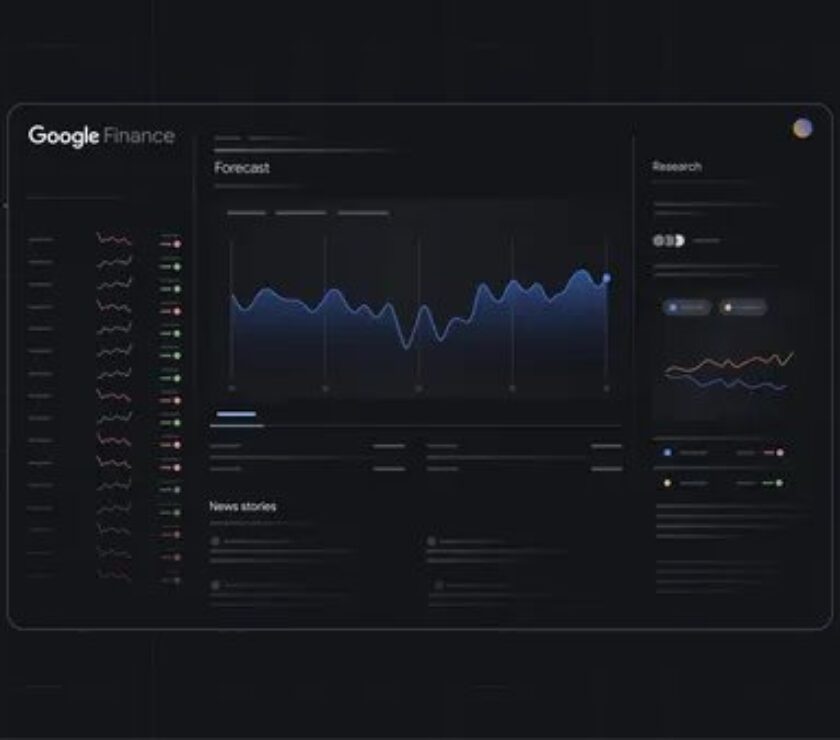Everything evolves with time, from human culture to the technology that makes its way into our day-to-day lives. Artificial intelligence (AI) is one of the rapidly developing technologies that’s found its way into nearly every facet – from industry and business to smart thermostats and AI-assisted driving tools.
One of the most promising – and potentially challenging – applications for AI is its effects on search engines, and by extension, search engine optimization (SEO). While there are benefits to AI’s capabilities, its use in digital marketing has raised almost as many questions as it’s answered.
Search engines have come a long way in the past 20 years. Increasingly sophisticated algorithms have broadened the scale, while improving the accuracy, of the search engine results for each query.
In the past, search engine algorithms relied on keyword matches to provide relevant results. Now, search engines rely on a combination of different AI technologies, such as machine learning (ML), natural language processing (NLP), and semantic search – the key aspect of understanding the context and intent of searches.
Google has been at the forefront of AI technology to enhance search results. In 2015, Google introduced RankBrain, an AI-driven solution that had an impact on search engine rankings. The brand has also implemented Bidirectional Encoder Representations from Transformers (BERT) in 2019 and Multitask Unified Model (MUM) in 2022.
With each release, Google has provided more advanced capabilities. But there’s a caveat – with every major change, the variables that affect SEO and search engine rankings have experienced a ripple effect.
Traditional SEO tactics like relevant keywords and domain authority still have their place, but there’s more to focus on than the old rules. New ranking factors and requirements are emerging with the addition of AI technologies, leading to some new considerations to earn the visibility you want.
One of Google’s most important factors is the experience, expertise, authoritativeness, and trustworthiness guidelines, or the E-E-A-T guidelines. As the name suggests, Google considers the experience of the content creator, their expertise and authority in the industry, and their overall trustworthiness to determine the content’s rankings.
In many cases, Google positions itself as the top result for user queries. The content is often accurate, extensively researched and supported, and written by creators with subject matter or industry expertise. With new AI technologies at play, this will likely become more important.
Users trust Google results because of the consistent experience it provides. If every user query was met with high-ranking results that are irrelevant, outdated, or have poor performance, they would no longer trust or turn to the search engine.
One of the most important metrics to watch is the bounce rate. A high bounce rate indicates that the engagement with the on-page content is lacking in some way. Improving your site’s navigation system, structure, and performance can improve your bounce rate and earn you a higher place in the search engine results page.
Technical SEO has always been a staple of strong SEO. Google and other search engines want to provide users with the most relevant and helpful information, but it needs to be in a format that’s quick and simple to access. The quality of the content has no value if the user has a frustrating experience.
Your brand still needs to pay attention to technical SEO. Focus on the speed and overall performance of your site and make them mobile friendly. You should also use structured data markup, or schema markup, to categorize your content and help search engines index it effectively.
Ai-driven search engine algorithms have already had effects on SEO, but we can expect more to come in the future. Here are some predictions for the future of SEO with the addition of AI:
Search engines are becoming increasingly in-tune with user intent and needs, especially with the digitization of data in search history, IP locations, and frequented pages or topics. AI algorithms will likely supercharge this, providing a deeper understanding of the users’ preferences and habits to provide more relevant and personalized results.
Voice assistants like Amazon Alexa, Google Assistant, and Apple’s Siri are highly popular, giving users the convenience of searching for products or services with just their voice and delivering results. AI-powered voice recognition technology underpins these devices, and we can expect that to continue learning and evolving with more use. in response, brands may need to adjust SEO strategy to include more long-tail keywords and conversational queries.
Search engines providing direct answers to queries, instead of the user clicking on different results, is a growing trend. The “zero-click search” provides these answers in knowledge panels, featured snippets, or AI overviews, leading to lower click-through rates for websites. While this can be difficult to navigate, establishing authority to become the source for a direct answer can boost your visibility in the search results pages.
AI technologies are part of virtually every industry, including digital marketing. As more changes come, it’s crucial to adapt your SEO strategy to meet these evolving requirements and continue to earn top spots in the search engine results pages – and keep an eye on what’s on the horizon with AI-driven search algorithms.
Mark your calendar for these stimulating events and prepare to be inspired.

Save the dates for the Open Days of your preferred Executive Education programs. Don’t miss out!
Mark your calendars for upcoming MBA events and programmes. Don’t miss out on these valuable opportunities!
None of the information on this website is investment or financial advice. The European Business Review is not responsible for any financial losses sustained by acting on information provided on this website by its authors or clients. No reviews should be taken at face value, always conduct your research before making financial commitments.
This will close in 15 seconds
website SEOWebsite Traffic


